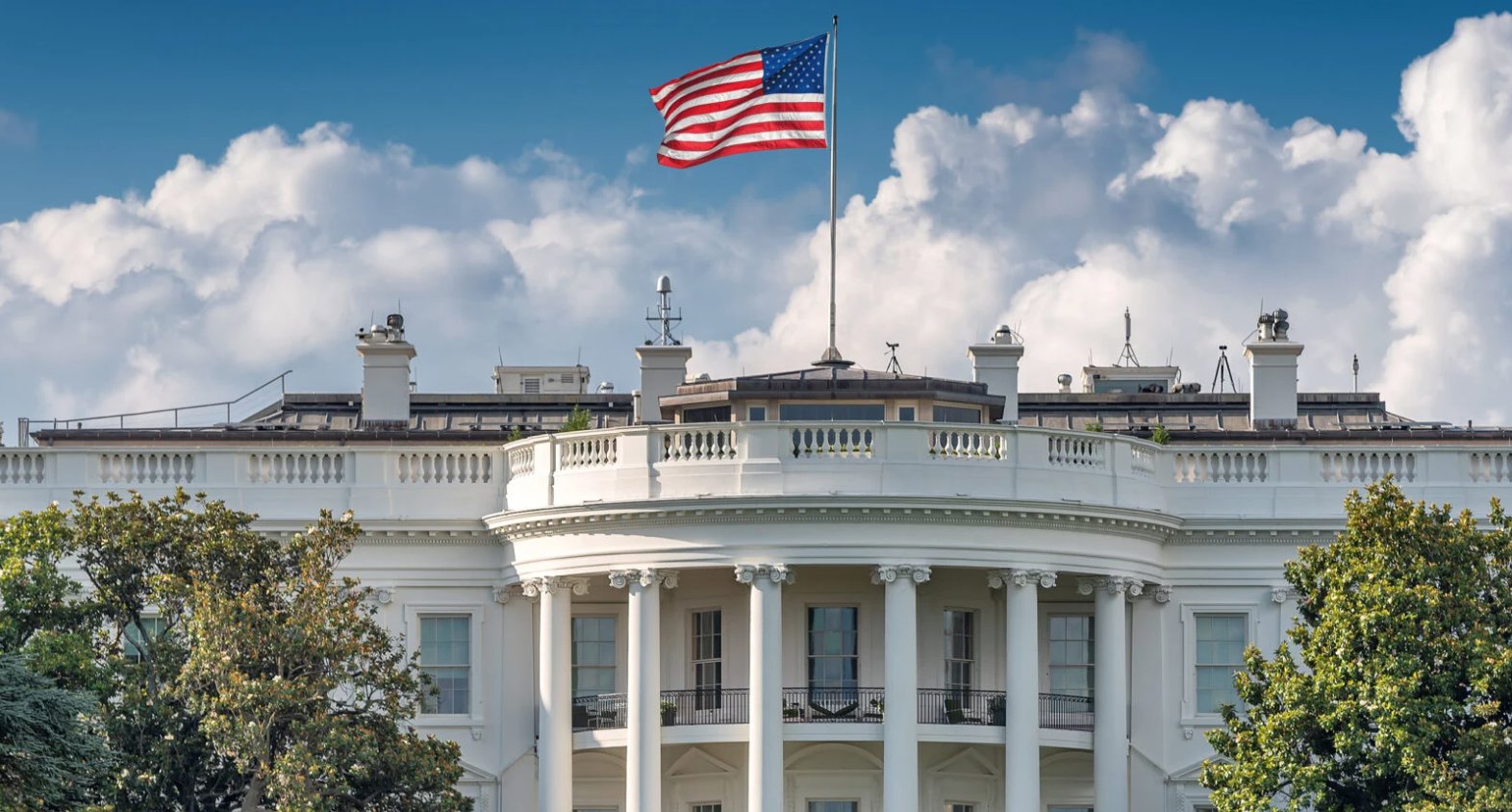
The United States White House Press Secretary Karine Jean-Pierre has warned members of Uganda’s parliament that sanctions restricting them from doing business with the US could be on the way for those responsible for the passage of a law criminalising the LGBT+ country.
Jean-Pierre during her daily press briefing on Wednesday said the White House was watching the situation “closely” and determining what the US’ next steps would be should the law be signed and go into effect, Independent UK reports.
“We’re certainly watching this really closely and we would have to take a look at whether or not there might be repercussions that we would have to take, perhaps in an economic way, should this law actually get passed and enacted,” Jean-Pierre said.
She added: “And that would be really unfortunate because so much of the economic assistance that we provide Uganda is health assistance, and largely through [the President’s Emergency Plan for AIDS Relief].”
The bill proposes life sentences for people who identify as gay in Uganda.
Some acts considered “aggravated homosexuality” by the bill’s authors would be eligible for a death sentence.
According to Star News, National Security Council spokesman John Kirby on Wednesday also said there might be economic repercussions if the new bill becomes law.
“We would have to take a look at whether or not there might be repercussions that we would have to take, perhaps in an economic way, should this law actually get passed and enacted,” National Security Council spokesman John Kirby told journalists on Wednesday
“So, we’ll have to take a look. No decisions. We’re watching this very, very closely. And hopefully, it won’t pass and we won’t have to do anything.”
Should it be signed by Uganda’s president, who has a history of slandering the LGBT+ community, it would make the country one of the most hostile places on Earth for LGBT+ people.
A previous attempt by the country’s government to punish homosexual activity with a sentence of life in prison was struck down by Uganda’s Supreme Court in 2014, one year before the US Supreme Court would rule that gay marriage was a protected right in the 2015 landmark Obergefell decision.








